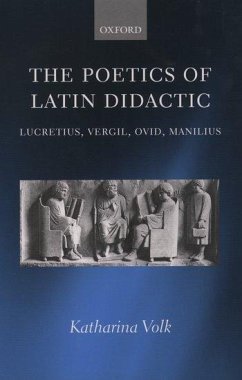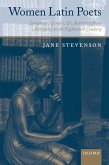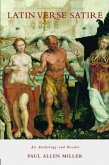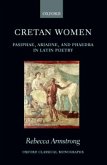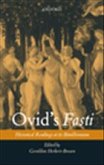Some of the most famous literary works from antiquity are so-called didactic poems. Even the Greeks and Romans found it difficult to gain a theoretical understanding of this genre, and modern readers often avoid such texts, which they perceive as dry and overly technical. Volk offers a new theoretical look at this genre, discussing the characteristics that make a poem 'didactic' from the points of view of both theory and literary history, and tracing its history from Hesiod to Roman times. This discussion leads into detailed interpretations of four great Latin didactic poems: Lucretius' De rerum natura, Vergil's Georgics, Ovid's Ars Amatoria, and Manilius' Astronomica. Volk cocludes that didactic poems, though belonging to a genre often regarded as unpoetic, typically present themselves self-consciously as poetry and give particular attention to discussions of poetics.
This is a study of ancient didactic poetry, a type of literature which uses verse as the medium for teaching theoretical knowledge or practical skills. Volk combines a general discussion of didactic poetry as a genre in Greek and Latin literature with detailed interpretations of four famous Latin didactic poems by Lucretius, Vergil, Ovid, and Manilius.
Hinweis: Dieser Artikel kann nur an eine deutsche Lieferadresse ausgeliefert werden.
This is a study of ancient didactic poetry, a type of literature which uses verse as the medium for teaching theoretical knowledge or practical skills. Volk combines a general discussion of didactic poetry as a genre in Greek and Latin literature with detailed interpretations of four famous Latin didactic poems by Lucretius, Vergil, Ovid, and Manilius.
Hinweis: Dieser Artikel kann nur an eine deutsche Lieferadresse ausgeliefert werden.

